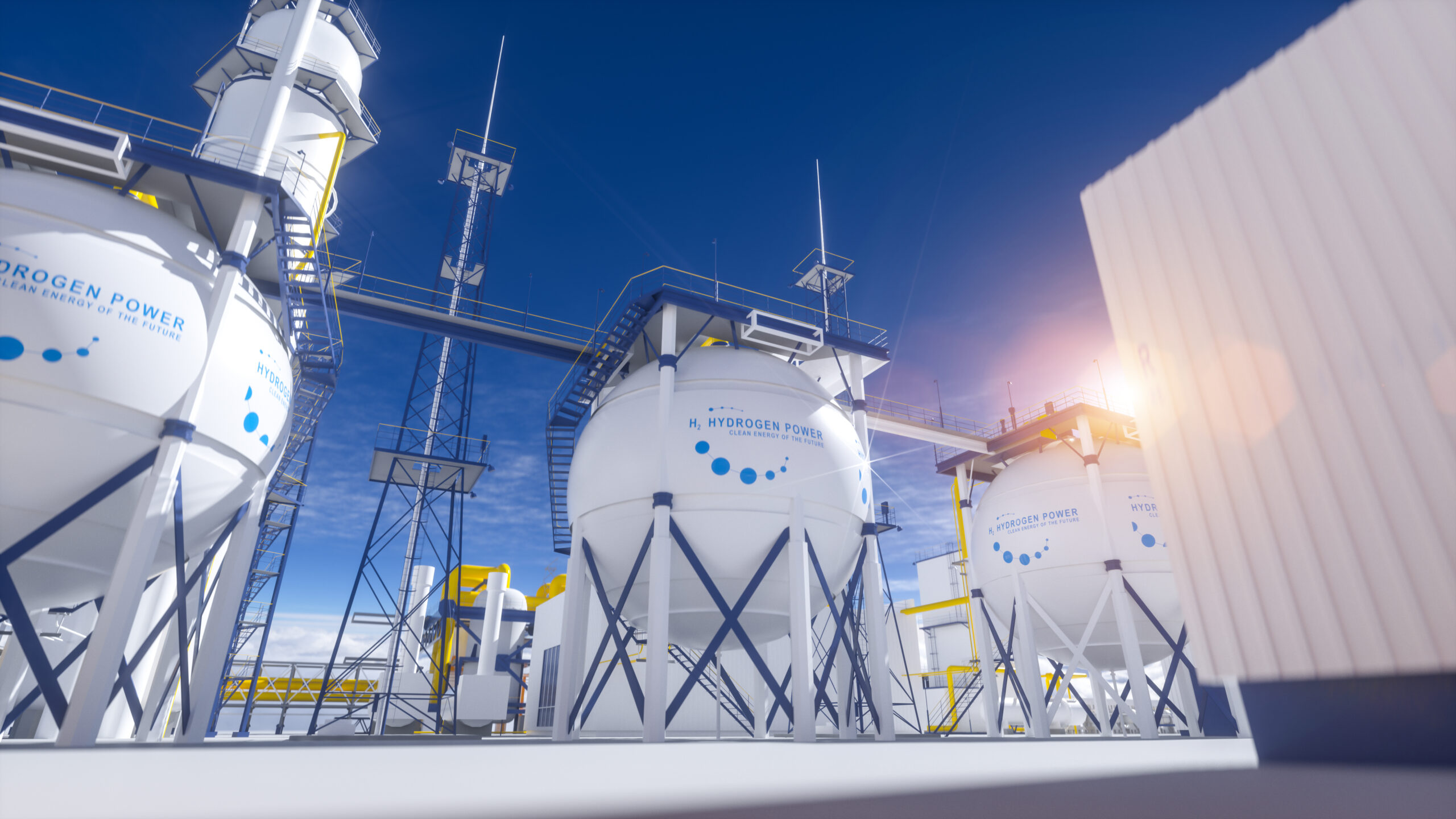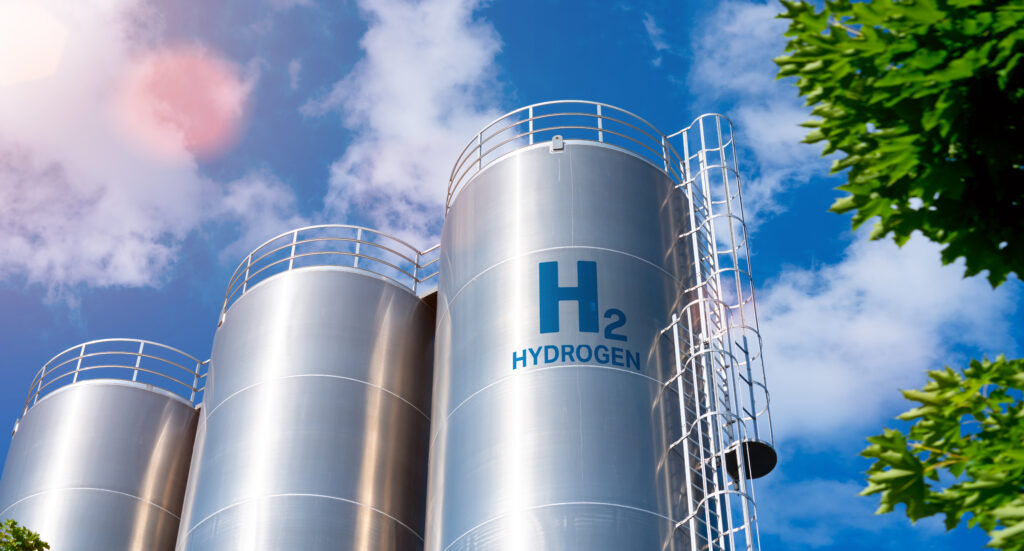
Exploring the Progress in U.S. Hydrogen Hub Development
The U.S. Department of Energy’s Office of Clean Energy Demonstrations is making strides with its Hydrogen Hub program, a key initiative supported by the Bipartisan Infrastructure Bill.
National Hydrogen and Fuel Cell Day, celebrated on October 8, 2024, highlights the importance of hydrogen and fuel cell technologies in promoting clean energy and reducing carbon emissions. The date, which references hydrogen’s atomic weight of 1.008, raises awareness of the potential for hydrogen in transforming energy systems and supporting sustainability goals.
In recognition of this day, the International Code Council is highlighting hydrogen hub development in the U.S.
Hydrogen Hub Development
The U.S. Department of Energy’s Office of Clean Energy Demonstrations (OCED) is making strides with its Hydrogen Hub (H2Hub) program, a key initiative supported by the Bipartisan Infrastructure Bill. This program aims to create a network of hydrogen hubs across the U.S., playing a crucial role in the nation’s strategy to reduce greenhouse gas emissions, especially in challenging sectors like shipping and transportation.
Hydrogen is a key player in clean energy, offering a way to power industries that are hard to electrify. The H2Hub program is part of a broader strategy to innovate energy technologies and meet the U.S.’ climate goals. By creating regional ecosystems for hydrogen production, storage and utilization, these hubs will introduce hydrogen infrastructure to many parts of the U.S. for the first time.
H2Hub Phase 1: Laying the Groundwork
Phase 1 of the H2Hub program is focused on the planning, development and design of these projects, laying the essential groundwork for the success of the hydrogen hubs. A major part of this phase is choosing the right locations, considering existing infrastructure and the potential market demand for hydrogen.
Another key focus is technology deployment with each hub exploring the most effective methods for hydrogen production, storage and distribution. This includes using electrolyzers powered by renewable or low-carbon energy to generate hydrogen, as well as developing infrastructure for its transportation and storage.
Community benefits and engagement are integral to Phase 1, as the success of the hydrogen hubs relies on local support and participation. Efforts are underway to ensure these projects deliver widespread advantages, particularly to underserved areas. This includes creating jobs, improving air quality and offering opportunities for local businesses to participate in the emerging hydrogen economy.

Spotlight on Key Hydrogen Hubs
To date, three projects have received funding in Phase 1:
- Appalachian Hydrogen Hub (ARCH2): Located in a region known for coal production, ARCH2 aims to transition the area to a hydrogen-based economy. The hub will focus on blue hydrogen, which is produced using natural gas and carbon capture technology to lower emissions.
- California Hydrogen Hub (ARCHES): As a leader in clean energy, California’s ARCHES hub is dedicated to producing green hydrogen using renewable sources like solar and wind. The hydrogen produced will help decarbonize transportation and industrial processes, further establishing California as a clean energy pioneer.
- Pacific Northwest Hydrogen Hub (PNWH2): The Pacific Northwest has abundant renewable energy resources, making it well-suited for a hydrogen economy. PNWH2 is focused on creating a hydrogen supply chain that can serve the region’s diverse energy needs, from transportation to industrial uses.
The International Code Council’s Role in Safety
As these hydrogen hubs develop, the International Code Council is actively involved in efforts to promote its safe usage. Hydrogen, while promising, comes with unique safety challenges, especially in its production and storage.

The Code Council is actively involved in the National Hydrogen and Fuel Cell Codes and Standards Coordinating Committee and the Center for Hydrogen Safety’s newly formed working group for Global Hydrogen Hubs. These collaborations are helping to address risks and ensuring that hydrogen is safely integrated into the energy system.
The Code Council’s involvement ensures that building codes and safety standards evolve alongside these technological advancements.
Additionally, as an ANSI-Accredited Standards Developer, the Code Council, in partnership with the Center for Hydrogen Safety, has filed ANSI PINS to develop the ICC/CHS 1700 Series-202x, Professional Qualifications Standards Series for Hydrogen Systems in the Built Environment. This standard series will help develop the workforce needed to safely work in the hydrogen space.
Looking ahead, the hydrogen hubs program marks a new chapter for the U.S. energy sector. As these hubs progress beyond Phase 1, they will set the standard for additional hubs across the country.
Future phases will focus on scaling production, expanding infrastructure and integrating hydrogen into a broader range of applications. International collaboration will also play a crucial role, as the U.S. partners with other nations to exchange knowledge and best practices.
The Code Council will continue to play a vital role, ensuring that safety codes, standards and available resources keep pace with rapid advancements in hydrogen technology and increasing projects.
For more information on U.S. hydrogen hubs, visit the OCED Regional Clean Hydrogen Hubs page.
For details on the Code Council’s activities in the hydrogen space, visit ICC’s Hydrogen Fuel page.







